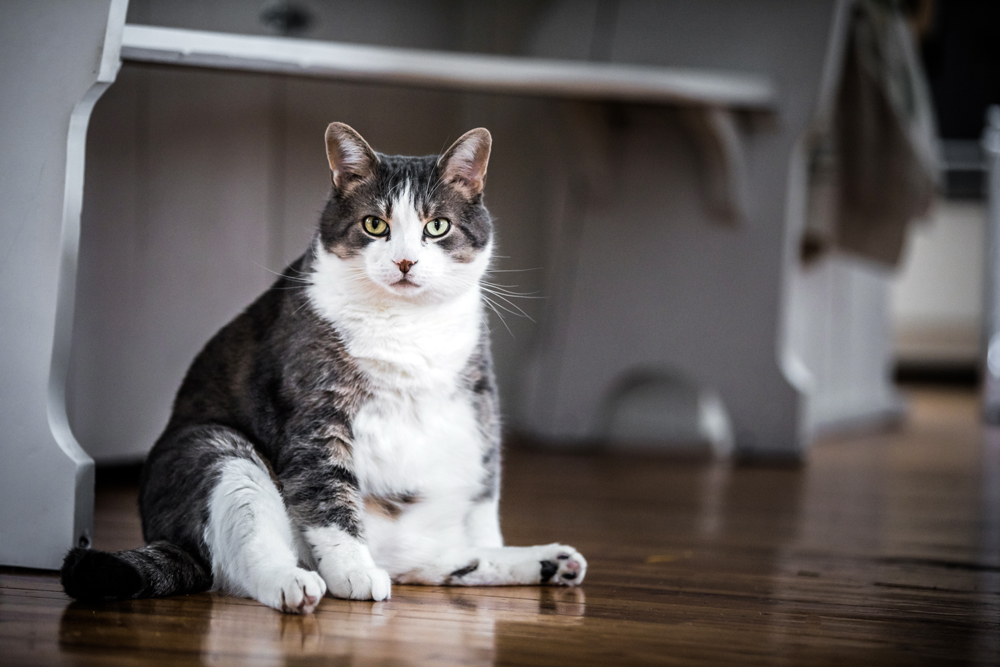Source: Newswise
A study from the University of Illinois Urbana-Champaign explores the effects of overeating on cats’ digestive systems and gut microbiota. With about 60% of cats in the U.S. being overweight, understanding these impacts is crucial. The study involved 11 adult spayed female cats who were allowed to overeat after a baseline period. As the cats consumed more, they quickly gained weight, going from an average body condition score of 5.41 to 8.27 (30% overweight) in 18 weeks.
The research revealed that increased food intake reduced gastrointestinal transit time and digestive efficiency, meaning fewer nutrients were extracted from food. Gut microbiota composition also changed, with higher levels of Bifidobacterium and lower levels of Collinsella. Fecal output increased, becoming more acidic, which aligns with decreased carbohydrate and fat absorption. Surprisingly, no consistent changes in physical activity were observed. Understanding these metabolic and gastrointestinal changes may assist in preventing and treating obesity in pets. The study also suggests strategies for helping cats lose weight, including restricted feeding and promoting activity and mental enrichment.
Read the full story HERE: https://www.newswise.com/articles/what-happens-when-cats-get-fat-scientists-weigh-in

